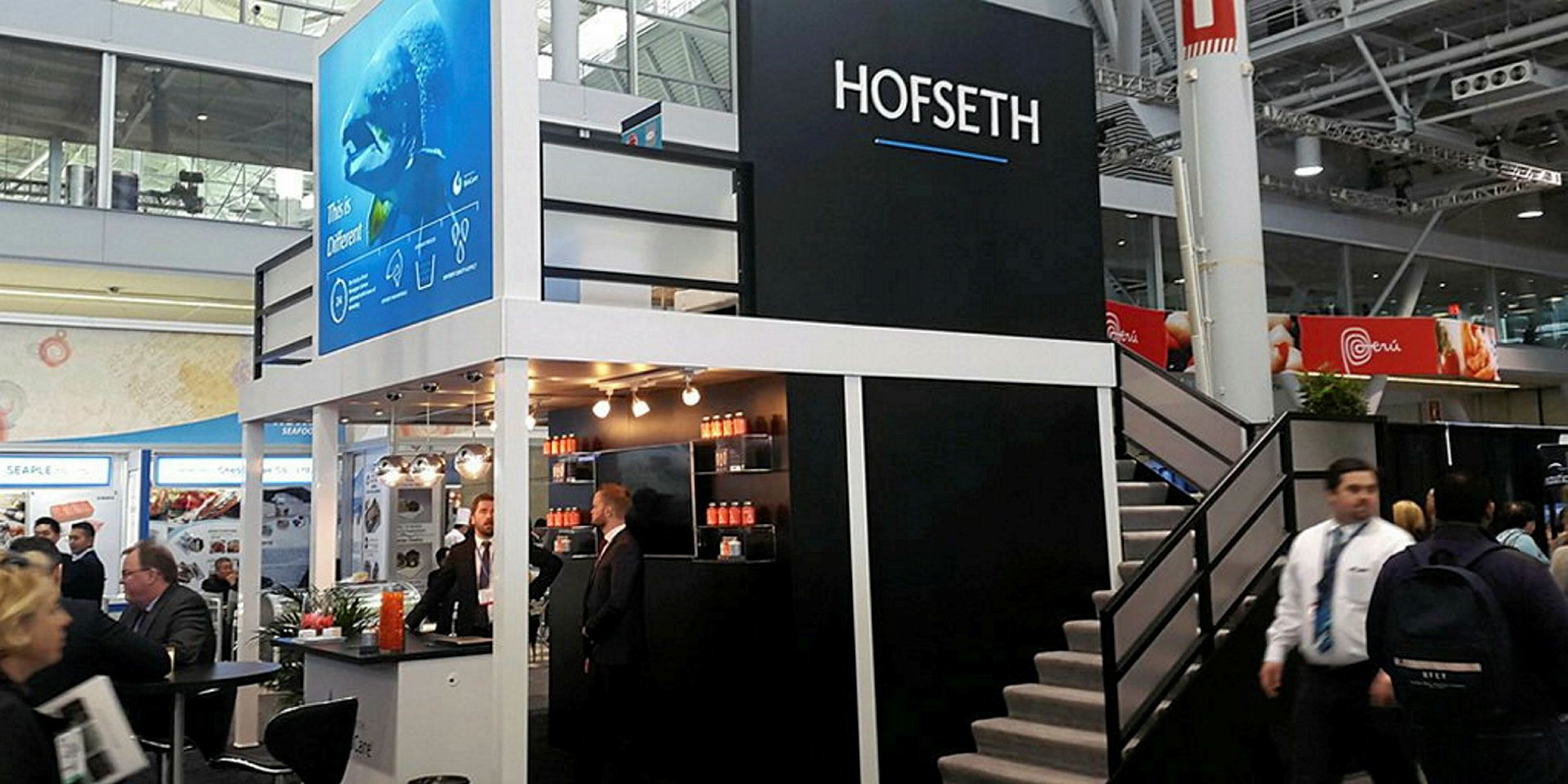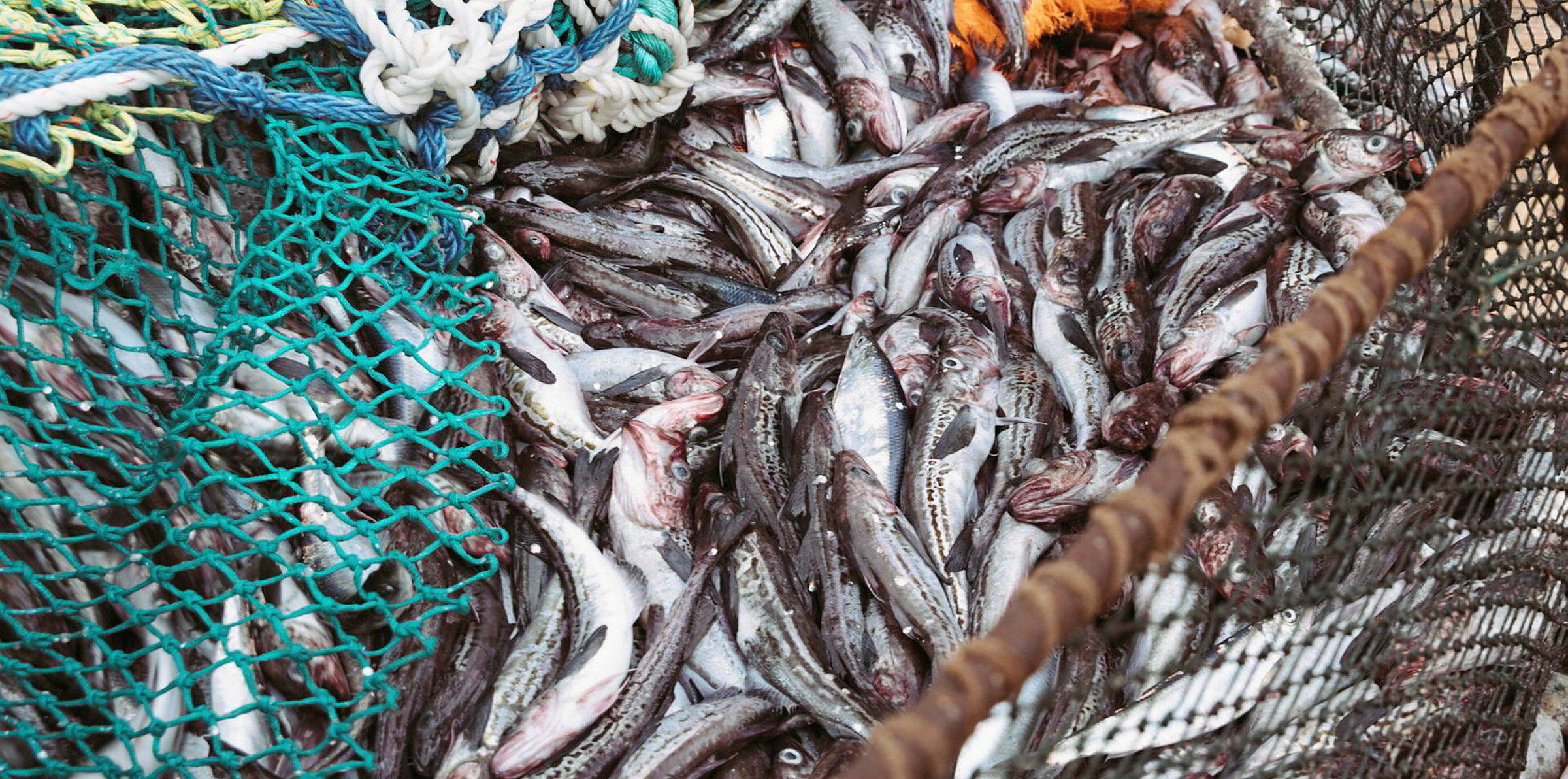The value of the largest publicly listed seafood companies has plummeted as the Wuhan coronavirus continues to spread its way across China and the globe, sparking major fear, trade disruptions and lower consumption in foodservice in particular.
While there are winners and losers, among the companies analyzed by IntraFish, those that have seen market shares decline -- including Mowi, Nippon Suisan Kaisha (Nissui), Thai Union and others -- have lost over $1 billion (€900 million) in value.
Chinese companies, naturally, are among the hardest-hit, however, many of the largest international aquaculture companies, seafood processors and shrimp processors have been heavily affected as well.
With many unknowns still hanging over business in China, faith in Toronto-listed
Clearwater Seafoods, which relies heavily on the market for its shellfish, has taken a heavy hit.
Despite the company initially reporting no pressure on its business from the outbreak, the company lost about 8 percent off its market capitalization, which now sits at around $258 million -- roughly $30 million lower than at the start of the year.
Publicly-listed processors High Liner Foods and Frosta -- both companies that rely on smooth trade of frozen seafood -- have seen shares decline only slightly, however.
Canada-based High Liner's value decreased more than 3 percent to roughly $200 million year-to-date, a modest $7.5 million.
German frozen food supplier Frosta's market capitalization lost more year-to-date, however -- around €30 million ($32 million) -- to settle at $394 million in value at the end of trading Tuesday.
Mowi is salmon's big loser
Though not a major destination for the company's seafood, the overall stock market fluctuations and concerns among global trade has helped wipe around NOK 6 billion ($650 million/€597 million) from Mowi's value year-to-date, which now stands at NOK 112 billion ($12 billion/€11 billion).
Shares of salmon and whitefish giant Leroy Seafood Group have fared better, in part from the release Tuesday of the company's fourth-quarter earnings, which prompted investors to buy in despite a mixed quarter.
Leroy's market value is up $200 million year-to-date to $3.9 billion. SalMar's value also went up 2 percent to around $5.5 billion despite the coronavirus.
Faroese producer Bakkafrost's market capitalization has been steady so far this year, with seemingly no major impact from global fears. The company additionally reported strong fourth-quarter earnings, and is benefiting from its recent acquisition of The Scottish Salmon Company.
Grieg Seafood and Norway Royal Salmon, however, each lost roughly $100 million off their market capitalizations.
| Biggest Loser Year-to-Date (YTD) | % Decline |
| Maruha Nichiro | 9% |
| Nissui | 9% |
| Frosta | 9% |
| Sanford | 9% |
| Clearwater Seafoods | 8% |
| Mowi | 6% |
| Grieg Seafood | 6% |
| Huon Aquaculture | 6% |
| Norway Royal Salmon | 4% |
| High Liner Foods | 3% |
Asian stocks mixed
Thai Union, one of the world's largest suppliers of tuna, shrimp and canned seafood, has been facing a cascade of challenges to its cornerstone business prior to the coronavirus.
However, the company's value is up 15 percent year-to-date to $2.3 billion, despite increasing fears of the impact on the wider Asian consumer market.
--
Follow all of IntraFish's coronavirus coverage here.
--
Japanese seafood giants Nissui and Maruha Nichiro each lost $100 million off their value year-to-date to $1.6 billion and $1.1 billion, respectively. Both have processing operations in China, and the country has been in the limelight over an outbreak on a cruise ship docked off the coast of Yokohama.
Japanese seafood company Kyokuyo's shareholders have stood by the group, and have seen a 5 percent increase in its market capitalization year-to-date.
Land Down Under also struggles
New Zealand-based giant Sanford, highly influenced by the Chinese market, has seen its value drop 9 percent to $429 million, a decline of around $40 million.
Huon Aquaculture's market capitalization year to date declined 6 percent to $237 million, meanwhile.
Australia-listed Tassal has seen shares decline slightly, ending Monday's trading at $558 million year-to-date.
The majority of seafood companies globally have said the impacts from coronavirus are likely yet to be felt, both because of the anticipated slow season from Chinese New Year, as well as the long turnaround time for the movement of frozen seafood products in and out of China.
However, several companies have discontinued shipping part of all of their products to the country, including Chilean salmon producers, Russian pollock producers and Peruvian feed companies.




